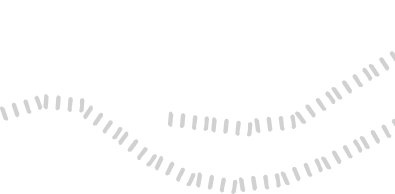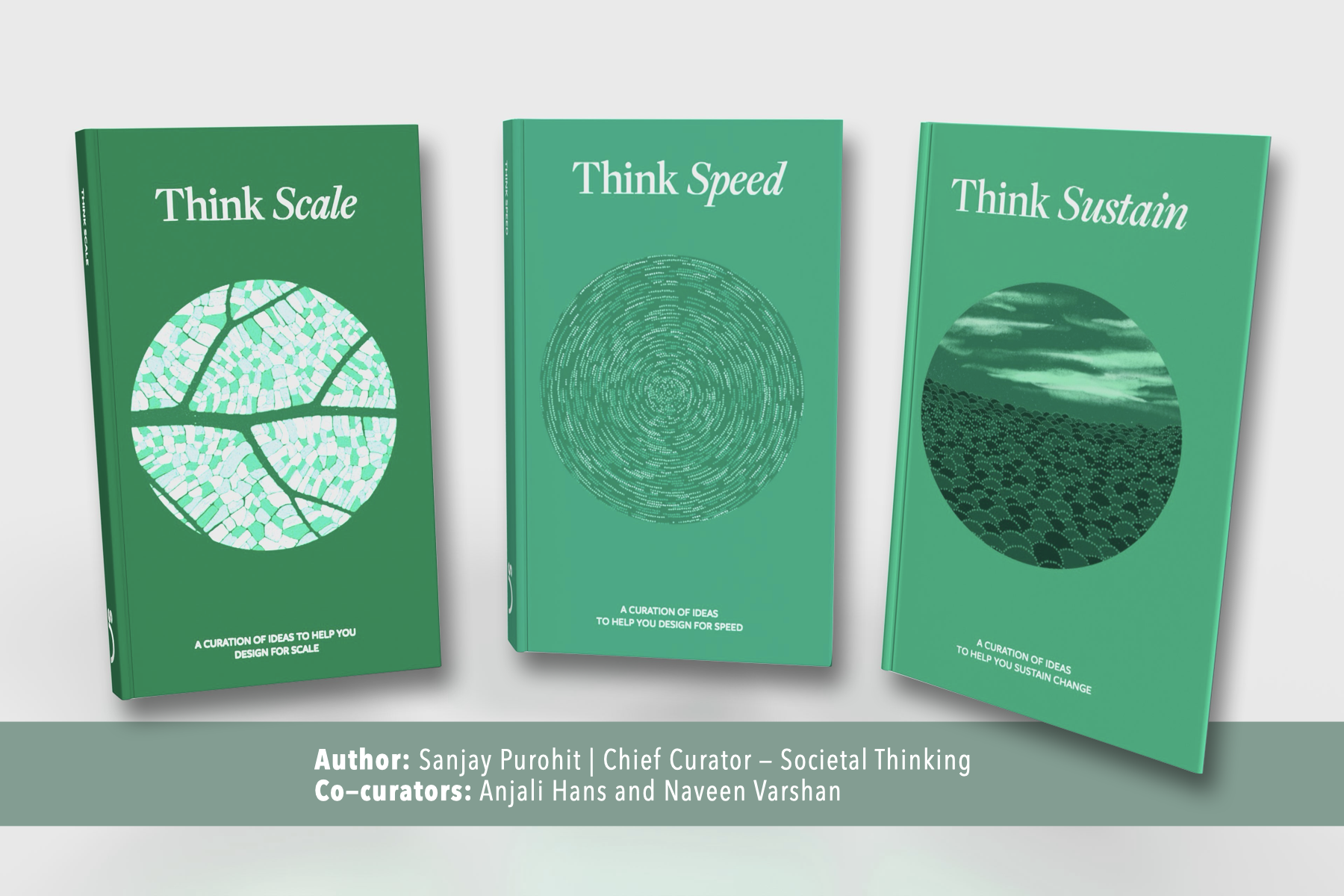Designing for Porosity to Drive Network Effects
Discover how Societal Thinking design principles can guide orchestrating porosity within networks to drive impactful collaborations and network effects. These principles enhance water safety and community health through strategic connections.





